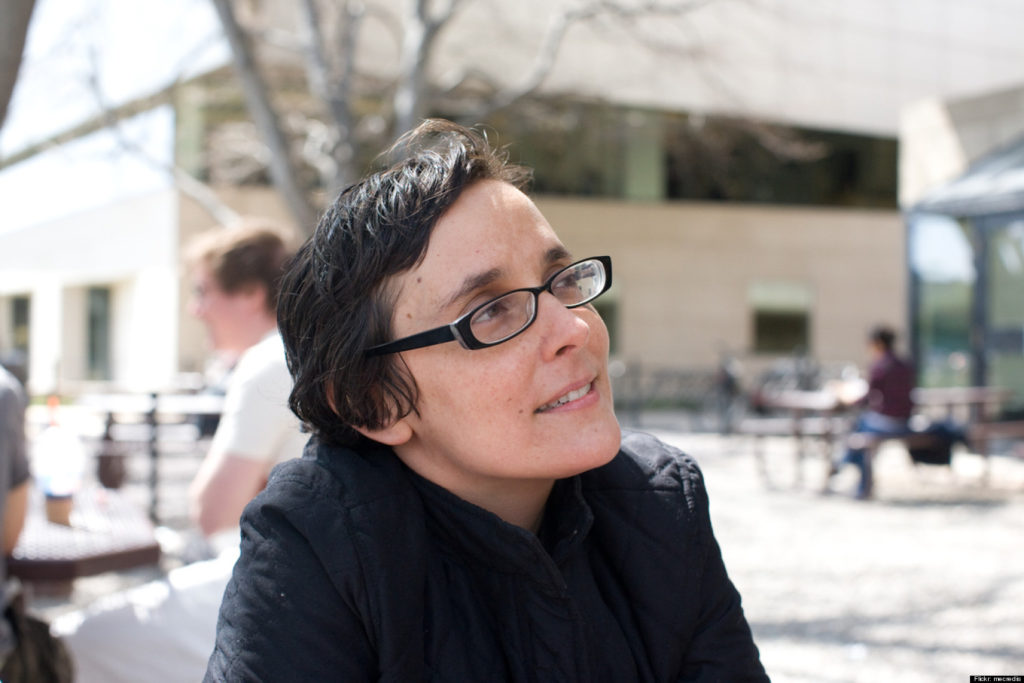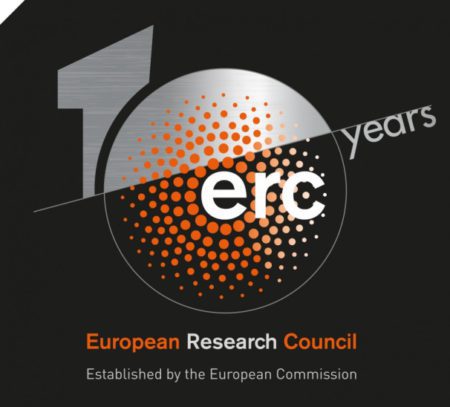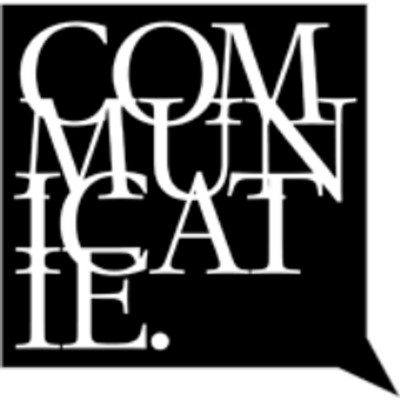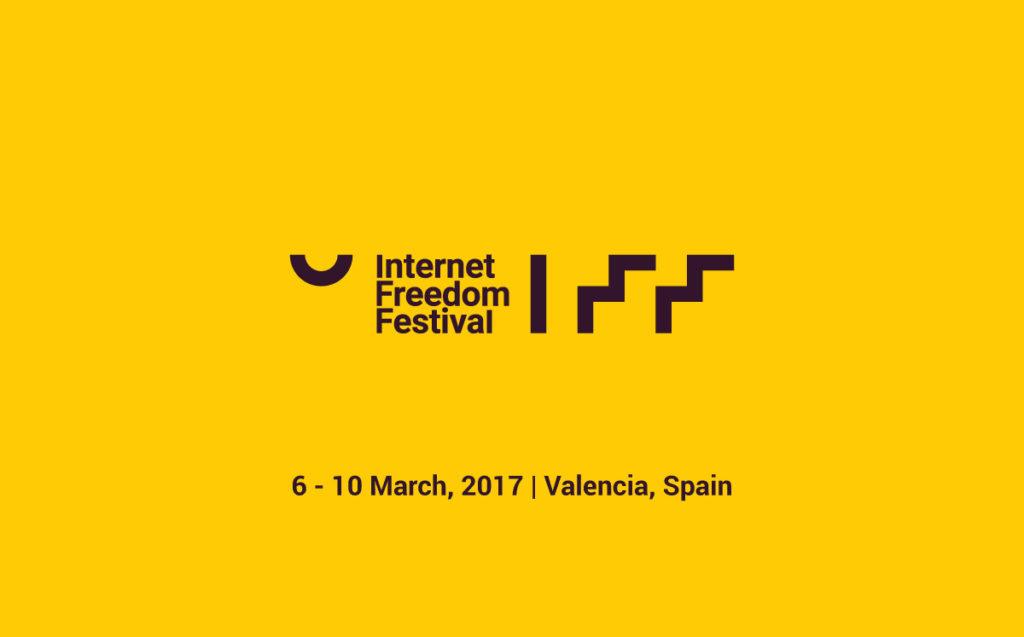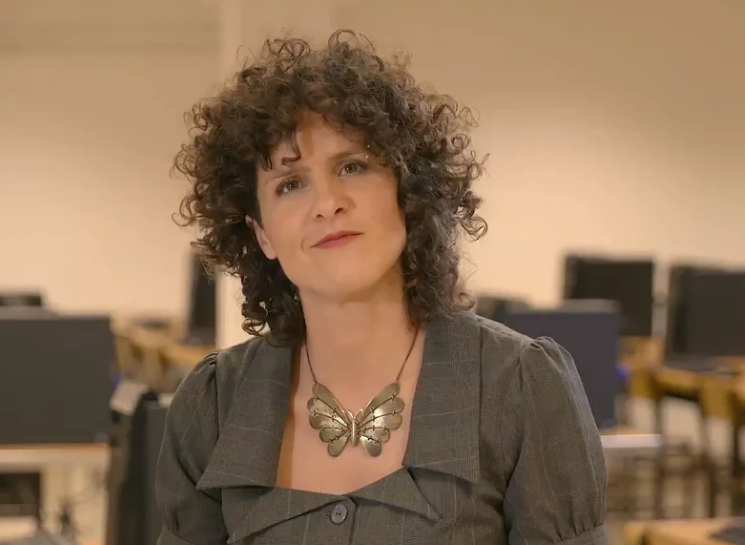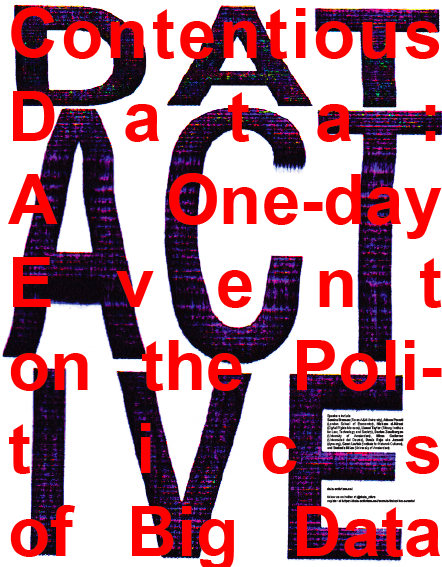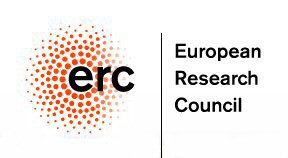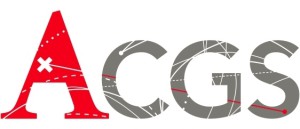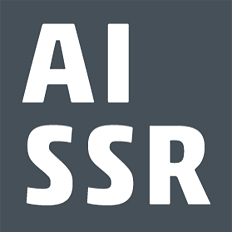We are delighted to have Biella paying DATACTIVE a visit march 28th in the afternoon for an informal meetup.
bio
Gabriella (Biella) Coleman holds the Wolfe Chair in Scientific and Technological Literacy at McGill University. Trained as an anthropologist, her scholarship explores the intersection of the cultures of hacking and politics, with a focus on the sociopolitical implications of the free software movement and the digital protest ensemble Anonymous.
She has authored two books, Coding Freedom: The Ethics and Aesthetics of Hacking (Princeton University Press, 2012) and Hacker, Hoaxer, Whistleblower, Spy: The Many Faces of Anonymous (Verso, 2014), which was named to Kirkus Reviews’Best Books of 2014 and was awarded the Diana Forsythe Prize by the American Anthropological Association. Her work has been featured in numerous scholarly journals and edited volumes. Committed to public ethnography, she routinely presents her work to diverse audiences, teaches undergraduate and graduate courses, and has written for popular media outlets, including the New York Times, Slate, Wired, MIT Technology Review, Huffington Post, and the Atlantic. She sits on the board of Equalitie, The Tor Project, and the Social Science Advisory Board of the National Center for Women and Information Technology.
